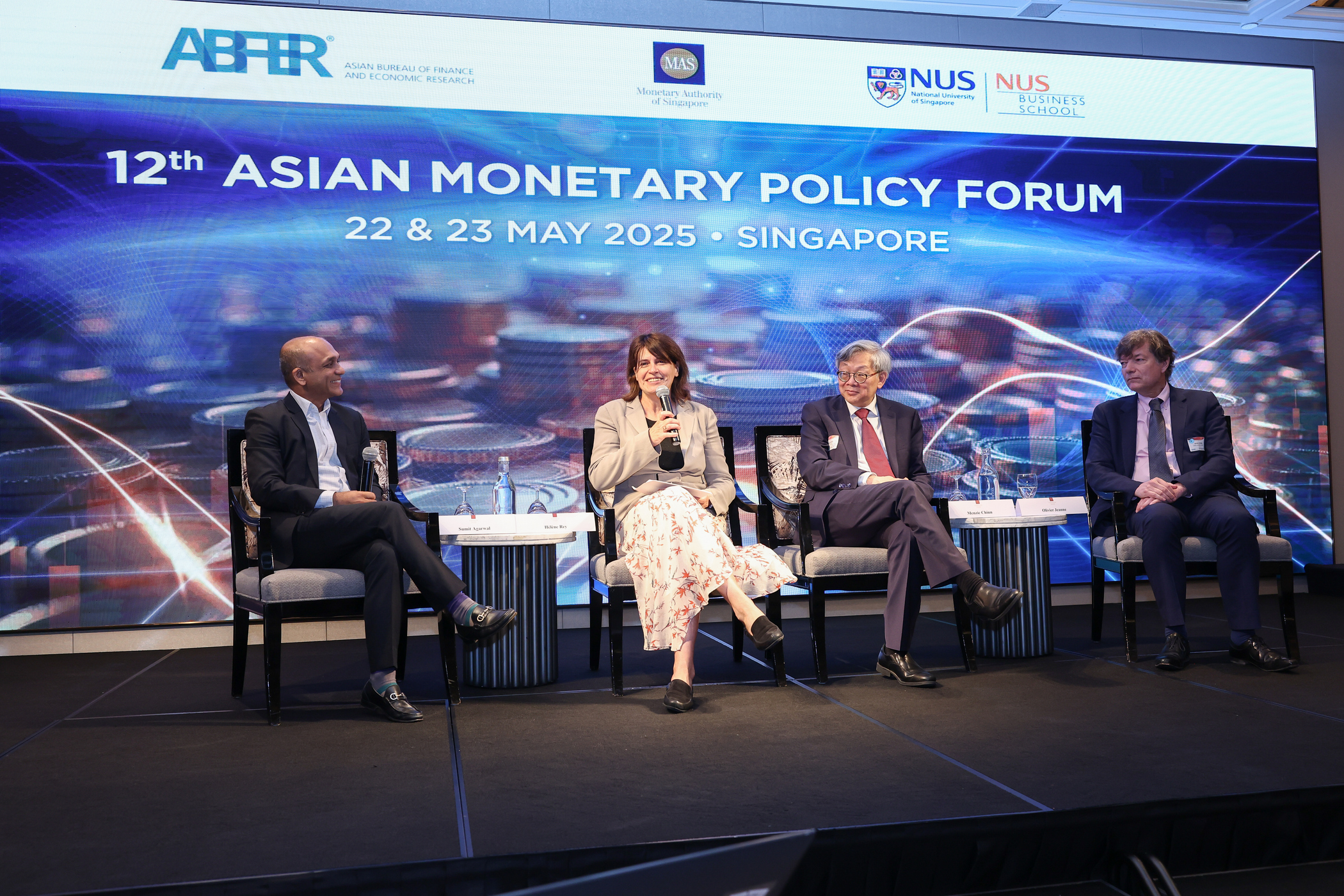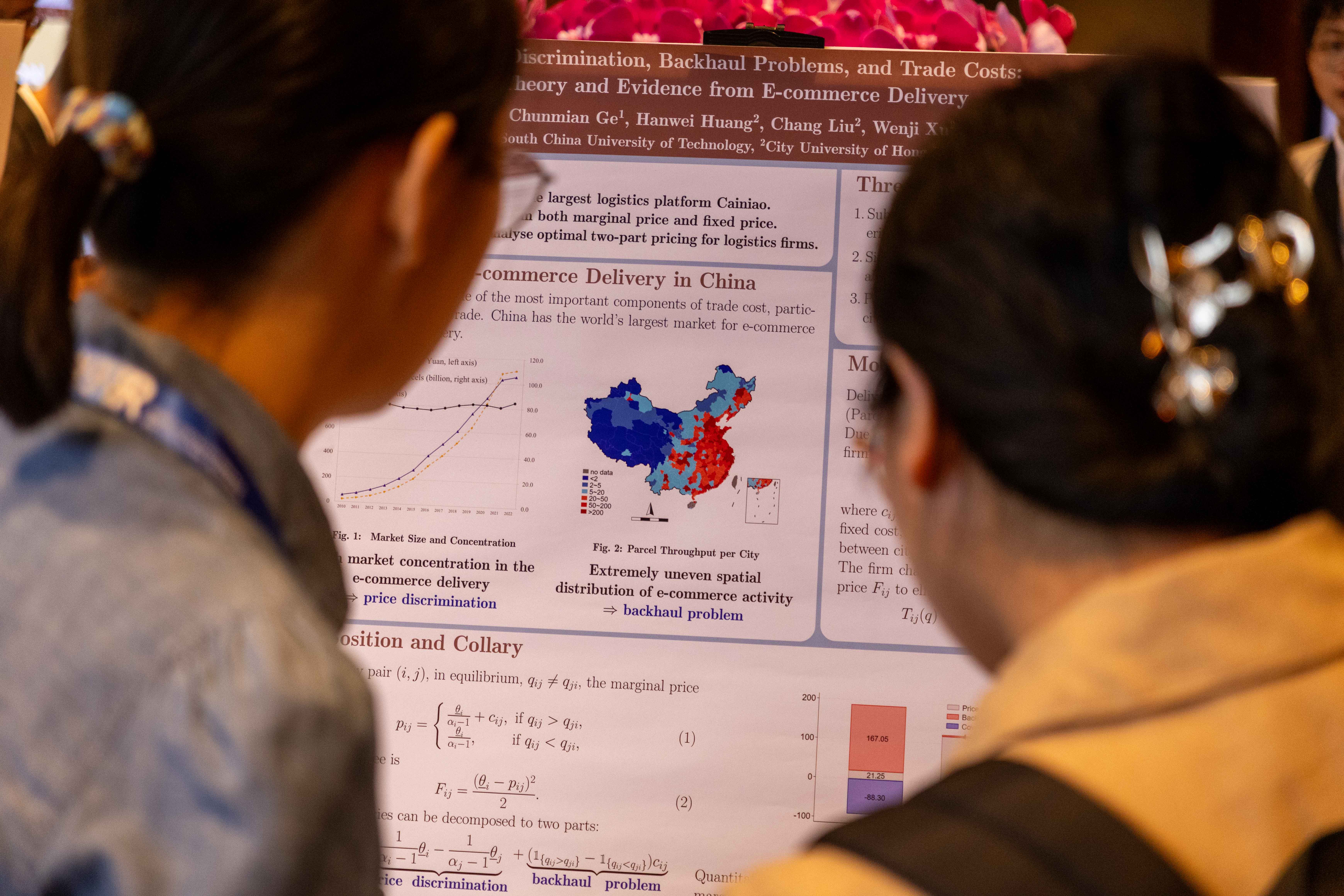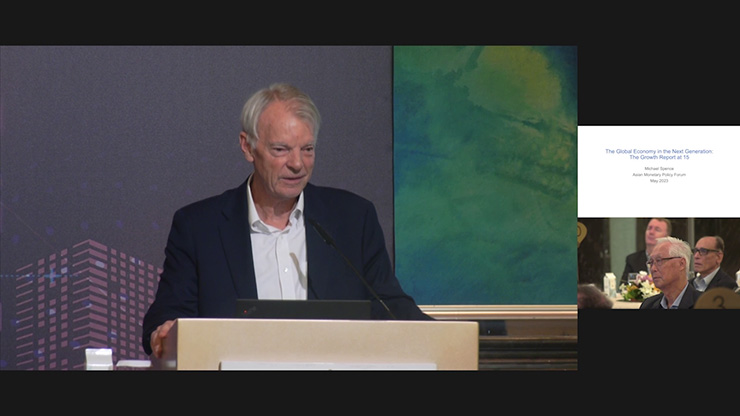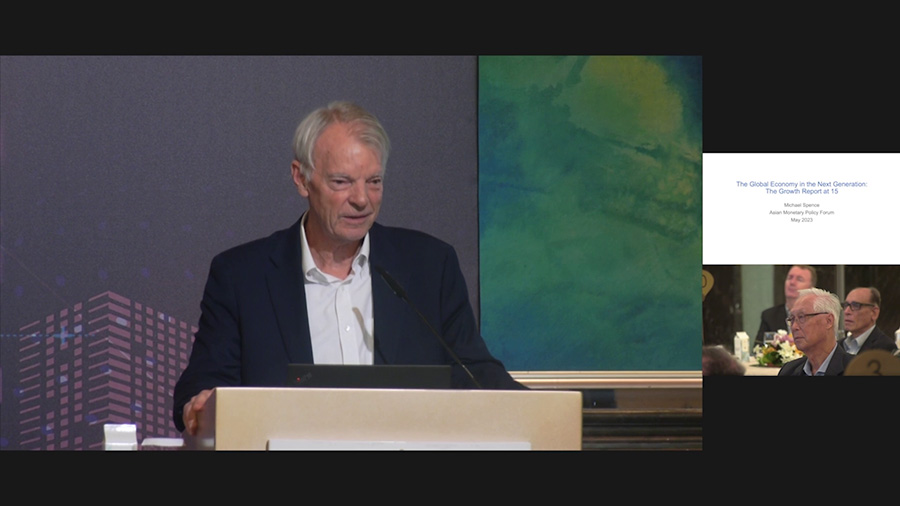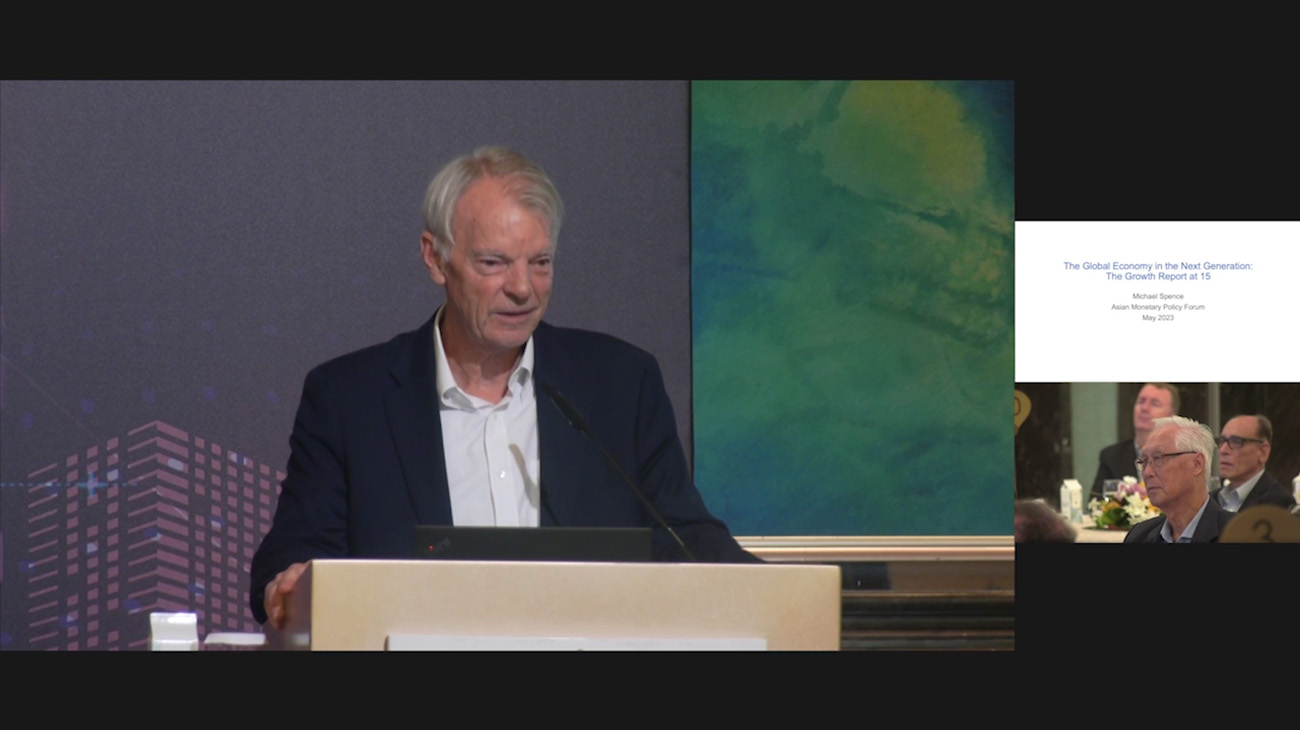WORKING PAPERS
|
Senior Fellows/Fellows |2026 |
|
Senior Fellows/Fellows |2025 |
|
Senior Fellows/Fellows |2025 |
SOME IMPORTANT FACTS ABOUT US
Annual Conference
of authors
Annual Conferences
significant journals
Annual Conferences
- Details
- Category: Annual Conference
Master Class by Professor Darrell Duffie
Advent of Digital Currencies
This class will review central bank digital currencies and potential private-sector stablecoin alternatives, with a focus on useful applications in the payment system.
We consider the ability to substitute for the functionality of digital tokens with faster and more efficient bank-based payment systems. Almost no attention in this course will be given to Bitcoin and other speculative crypto-currencies. Effective general digital currencies and faster payment systems could be disruptive to incumbent bank franchise values. Broad use of private-sector stablecoins could disrupt the implementation of central bank monetary policy. Narrow use of stablecoins in "wholesale" financial settlement systems is a potentially significant application.
2019
Speakers
Supported by

- Details
- Category: Annual Conference
9th Annual Conference
Master Class by Professor Sumit Agarwal
Doing Research on Household Sustainability
In this master class we will discuss household sustainability as it relates to three important areas — environment, social and finance. Household environmental sustainability relates to decisions about utilities, transportation and food. For instance consuming beef has a carbon footprint 20 times that or fish. Do prices and behavioral nudges help save utility bills of water and electricity. Household social sustainability relates to income inequality, gender inequality, inter generational inequality and also health inequality. Finally household finance sustainability relates to consumer literacy, spending, savings, investing and decision making.
2022
Shangri-La Rasa Sentosa, 101 Siloso Road, Sentosa, Singapore 098970
Speakers
The conference was impressive, very interesting, and superbly organized.
Gian Maria Milesi-Ferretti
International Monetary Fund
The best conference attended this year.
Wen-Chieh Lee
National Chengchi University
The conference & dinner were very well structured!
Ms Arisa Kishigami
FTSE Russell
I would like to congratulate you on an excellent conference. It was superbly organized and it was a great experience.
Sanjeev Bhojraj
Cornell University
Having returned to Switzerland, I am very grateful for the generous opportunity to attend the recent ABFER Conference. I highly appreciate the privilege to participate and I can assure you, it was of good value for me. Thank you all.
Peter Gernert
Island Development Inc.
© Copyright ABFER®. All Rights Reserved. Best viewed on Chrome and Firefox.


